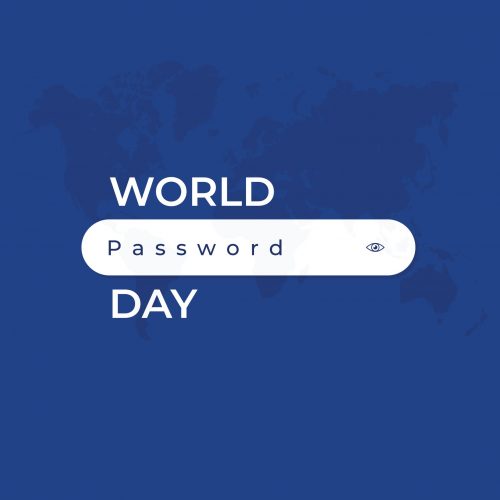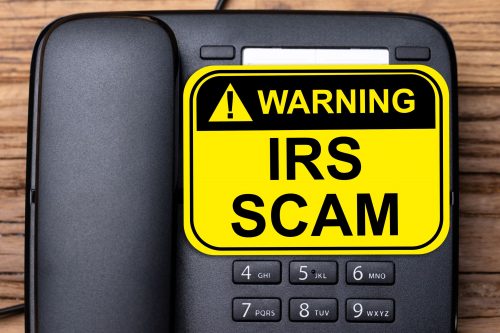As if it’s not hard enough to remember to write the new year on your checks, now authorities are warning about a new check fraud scam specific to this year – 2020.
If you abbreviate 2020 as ’20 on legal documents (e.g. checks and contracts), scammers can easily alter the date, leaving individuals vulnerable to check fraud.
For example, 1/10/20 can easily be turned into 1/10/2021 simply by adding two numbers.
Here is why this may cause a problem.
Let’s say you signed a contract to pay a debt beginning on 1/10/20. Theoretically, that could be turned into 1/10/2019, allowing the scammer to attempt to collect a past debt.
Another example is related to checks and the advent of mobile banking. If you write a check for 1/10/20 and that check is deposited through a mobile app, the depositor remains in possession of the check. They could, in theory, alter the date to 1/10/2021 and commit check fraud by attempting to redeposit the check next year. If your bank doesn’t catch the duplication (and they might not), your checking account would immediately be reduced by the amount of the check (a second time).
Some people are calling this warning “fear mongering” but police departments, financial advisors, auditors, and consumer advocates all agree on this one. While it’s certainly true that this scam could have occurred last year, the fraudulent act likely would have been more easily detected if a contract was altered from 1/10/19 to 1/10/1999.
Protecting yourself from this scam is easy: Write the year out completely – 2020 – on all legal documents.
Update: Since the writing of this article, the COVID-19 pandemic has created new opportunities for fraud and identity theft. The Federal Trade Commission (FTC) advises consumers to be wary of cybercriminals who are actively exploiting COVID-19 fears. Cybercriminals are increasingly targeting individuals working from home, attempting to obtain financial and medical information. Here is some information on COVID-19 related scams that you and your loved ones should be aware of.
Here are a few other useful articles that address fraud prevention and identity theft:
- Check out this infographic that reminds us of the Three Keys to a Great Password to protect your digital footprint.
- Review the “Dirty Dozen” tax scams to watch for.







